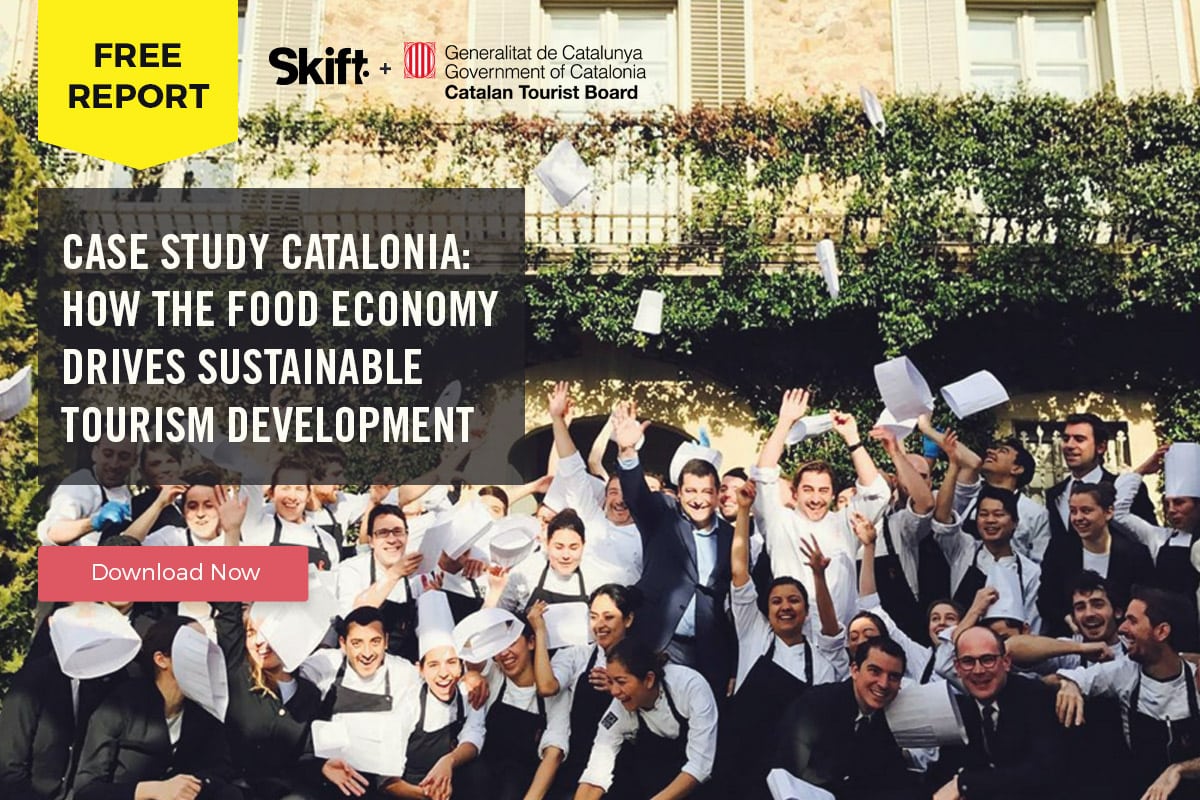Nervous businessmen in Catalonia, spooked by signs that recent turmoil over the region’s latest attempt to secede from Spain is hurting the local economy, put their investment plans on hold as that they are preparing for the Catalan legislative elections on Thursday.
Catalan retail sales and tourist arrivals are down and unemployment is up, according to recent figures.
Investors and consumers are reacting badly to uncertainty and conflict, and Catalonia’s will to break up has led to Spain’s worst institutional crisis in decades.
The Catalan regional government was removed from office by the Spanish national government at the end of October after regional politicians adopted a declaration of independence that Spanish authorities deemed illegal.
This came after an independence referendum in Catalonia on October 1, which the Spanish Constitutional Court rejected. Catalonia is currently ruled directly from Madrid.
The upcoming election promises to be a tight race between pro-secession Catalans and those who prefer to stay in Spain.
Much is at stake when polling stations open for 7.5 million voters in a region that accounts for 19% of Spain’s gross domestic product.
A triumph for the pro-independence parties could unleash further social and political chaos that would ripple unpredictably across Spain, which has the fourth-largest economy in the 19-nation eurozone.

Citing uncertainty surrounding Catalonia, Spain’s central bank on Friday lowered its growth forecast for next year and 2019 to 2.4% and 2.1% respectively, slashing its previous forecast by one percentage point.
A recent survey of more than 100 business leaders in the northeast region of Spain found that 46% of them have put their spending plans for 2018 on hold pending the outcome of the election.
They have reason to be scared: Just over half say their company’s sales fell from September to November by an average of 9.5%, making them wary of the future, according to a survey published last week by economist Fernando Trias de Bes in collaboration with ESADE Business School. The companies surveyed together employ nearly 158,000 people.
Just over 3,000 companies have moved their headquarters out of Catalonia in recent months, fearing that they will no longer be covered by Spanish and European laws if Catalonia separates. These companies included Catalonia’s two main banks, Caixabank and Sabadell, and Planeta, the world’s leading Spanish-language publisher.
Retail sales in Catalonia fell almost 4% in October compared to the same month last year. It was the steepest drop in Spain, where the drop was 0.1% nationwide, national statistics agency INE said.
According to INE, tourist arrivals in Catalonia, including its popular capital Barcelona, fell 4.7% that month compared to 2016. It was the only one of Spain’s 17 autonomous regions where figures have falled. Nationally, attendance increased by 1.8%.
Meanwhile, Catalonia this year saw its biggest increase in unemployment in November in eight years, although the increase was a relatively modest 7,400 people and the unemployment rate also rose in nine other autonomous regions.












/do0bihdskp9dy.cloudfront.net/07-07-2022/t_6229e64e839b45f989d4f75b87104399_name_file_1280x720_2000_v3_1_.jpg)